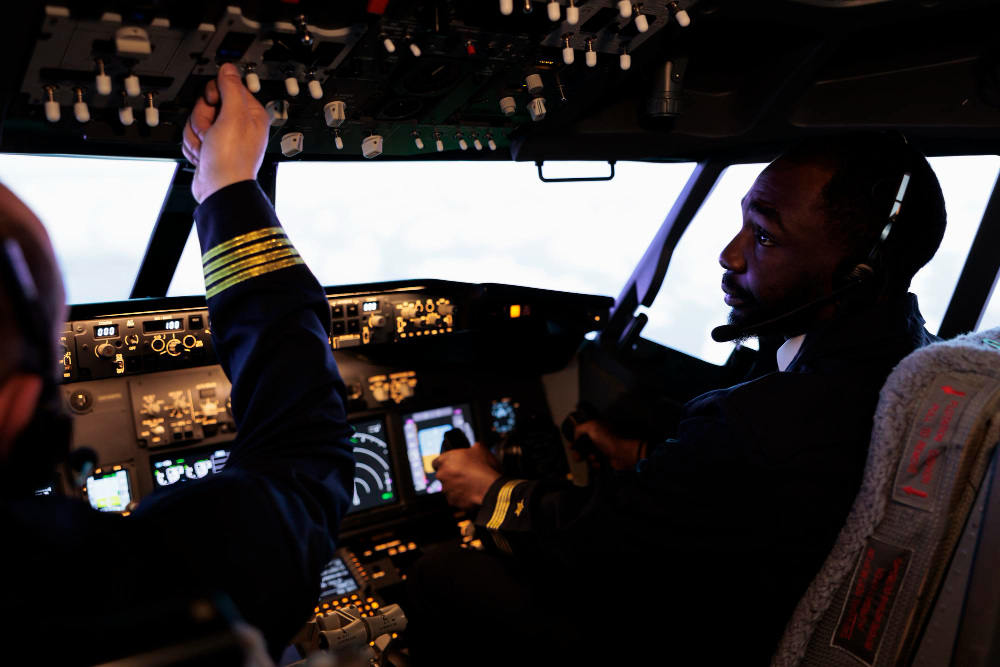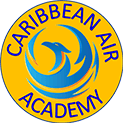Choosing the Right Flight School: Your Complete Guide

Learning to fly is one of life's most exhilarating experiences. The freedom of soaring through clouds, mastering complex aircraft systems, and earning your wings represents a significant milestone. However, before you can take to the skies, you need to select the right flight school—a decision that will shape your entire aviation journey.
With hundreds of flight training programs worldwide, choosing where to pursue your pilot's license requires careful consideration. The school you select will influence not only the quality of your training but also your career prospects, safety standards, and overall flying experience. From location and aircraft fleet to instructor qualifications and certification programs, numerous factors deserve your attention.
Whether you're pursuing aviation as a hobby or launching a professional pilot career, understanding what makes an exceptional flight school will help you make an informed decision. Let's explore the key factors that should guide your choice.
Location and Climate Considerations
Geography plays a crucial role in flight training success. The location of your flight school affects everything from training consistency to cost and learning efficiency.
Weather Patterns and Flying Days
Flight schools in regions with consistent, favorable weather conditions offer distinct advantages. Areas with minimal seasonal weather disruptions allow for more predictable training schedules and faster program completion. Students can maintain momentum without lengthy weather-related delays that interrupt skill development.
Consider the typical weather patterns throughout the year. Regions prone to frequent storms, heavy winter conditions, or extended periods of poor visibility can significantly extend your training timeline and increase costs.
Airspace Complexity
The surrounding airspace complexity where you train shapes your learning experience. Schools located near busy commercial airports expose students to controlled airspace operations, radio communication procedures, and traffic management—valuable skills for any pilot.
Conversely, schools in less congested areas might offer more relaxed learning environments for basic skill development. Consider your long-term flying goals when evaluating airspace complexity. Professional pilot candidates often benefit from exposure to complex airspace early in their training.
The Bahamas Advantage
Flight schools in the Bahamas offer unique benefits for aviation students. The Caribbean climate provides year-round flying weather with minimal seasonal disruptions. Students can train consistently without weather-induced delays common in other regions.
The island environment also provides diverse flying experiences, from overwater navigation to short-field operations at various airports throughout the archipelago. This varied training environment helps develop well-rounded piloting skills essential for future aviation careers.
Aircraft Fleet Quality and Variety
The aircraft you train in directly impacts your learning experience and skill development. Evaluating a flight school's fleet requires attention to several key factors.
Fleet Age and Maintenance Standards
Modern, well-maintained aircraft provide safer, more reliable training platforms. Ask about the average age of training aircraft and maintenance practices. Schools with newer fleets or those demonstrating excellent maintenance records typically offer more consistent training experiences with fewer mechanical delays.
Review maintenance logs if possible, and inquire about the school's maintenance philosophy. Professional flight schools prioritize safety through rigorous maintenance standards that exceed minimum requirements.
Aircraft Diversity
Training in different aircraft types enhances your skills and adaptability. Schools offering various aircraft models—from basic trainers to complex, high-performance aircraft—provide opportunities to experience different flying characteristics and systems.
This diversity proves especially valuable for students pursuing professional pilot careers, where adaptability to different aircraft types is essential.
Avionics and Equipment
Modern avionics systems are increasingly standard in today's aviation environment. Flight schools equipped with GPS navigation, advanced flight displays, and modern communication equipment prepare students for contemporary flying realities.
However, don't overlook the value of traditional instrument training. Schools offering both traditional and modern avionics provide comprehensive preparation for diverse flying situations.
Instructor Qualifications and Teaching Philosophy
Your flight instructors significantly influence your training quality and aviation knowledge foundation. Evaluating instructor qualifications goes beyond checking certificates and flight hours.
Experience and Credentials
Review instructor backgrounds, including total flight time, teaching experience, and additional ratings or certifications. Instructors with diverse aviation backgrounds—airline experience, military training, or specialized aviation fields—bring valuable perspectives to your training.
Consider instructor turnover rates. Schools with stable instructor teams often provide more consistent training progression and better student-instructor relationships.
Teaching Methodology
Different instructors employ various teaching approaches. Some emphasize systematic, step-by-step progression, while others adapt their methods to individual learning styles. During your school evaluation, observe instructor-student interactions and ask about teaching philosophies.
Effective flight instructors combine technical knowledge with clear communication skills and patience. They should demonstrate enthusiasm for teaching and genuine interest in student success.
Certification Programs and Training Tracks
Flight schools offer various certification paths depending on your aviation goals. Understanding available programs helps align your training with career objectives.
Private Pilot Programs
Private pilot training forms the foundation for all future aviation pursuits. Evaluate how schools structure their private pilot programs, including ground school components, flight hour requirements, and checkride preparation.
Some schools offer accelerated programs for faster completion, while others provide part-time options for working students. Choose a program structure that matches your schedule and learning preferences.
Professional Pilot Tracks
Students pursuing aviation careers should investigate commercial pilot and airline transport pilot programs. Comprehensive flight schools offer structured pathways from private pilot through commercial ratings, including instrument ratings and multi-engine training.
Look for schools with partnerships or pathways to regional airlines or other aviation employers. These relationships can provide valuable networking opportunities and potential career placement assistance.
Facilities and Learning Resources
Modern flight schools provide comprehensive learning environments extending beyond aircraft and instructors.
Ground School Facilities
Well-equipped classrooms with modern teaching aids enhance ground instruction effectiveness. Look for schools with flight simulators, interactive training systems, and current aviation reference materials.
Computer-based training programs and online resources supplement traditional classroom instruction, providing flexible learning options that accommodate different schedules and learning styles.
Student Support Services
Comprehensive flight schools offer student support beyond basic training. This might include housing assistance for out-of-area students, financing guidance, career counseling, and ongoing alumni support.
Consider what additional services matter for your situation and evaluate how well schools address these needs.
Take Flight with the Right Choice
Selecting the right flight school sets the foundation for your entire aviation journey. The factors discussed—from location and aircraft quality to instructor expertise and program structure—all contribute to your training success and future flying experiences.
Take time to visit potential schools, meet instructors, and observe training operations firsthand. Ask current students about their experiences and graduates about how their training prepared them for their aviation goals. The investment in thorough research pays dividends throughout your flying career.
If you're looking for flight school in the Bahamas, contact Caribbean Air Academy today for more information. Their experienced team can help you understand how their programs align with your aviation aspirations and provide the foundation for a successful flying future.
